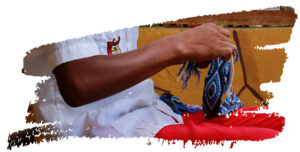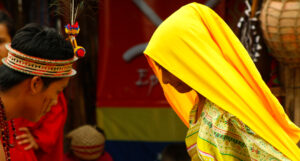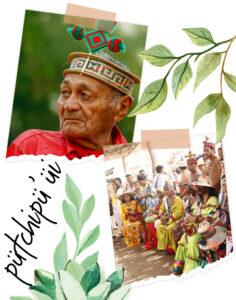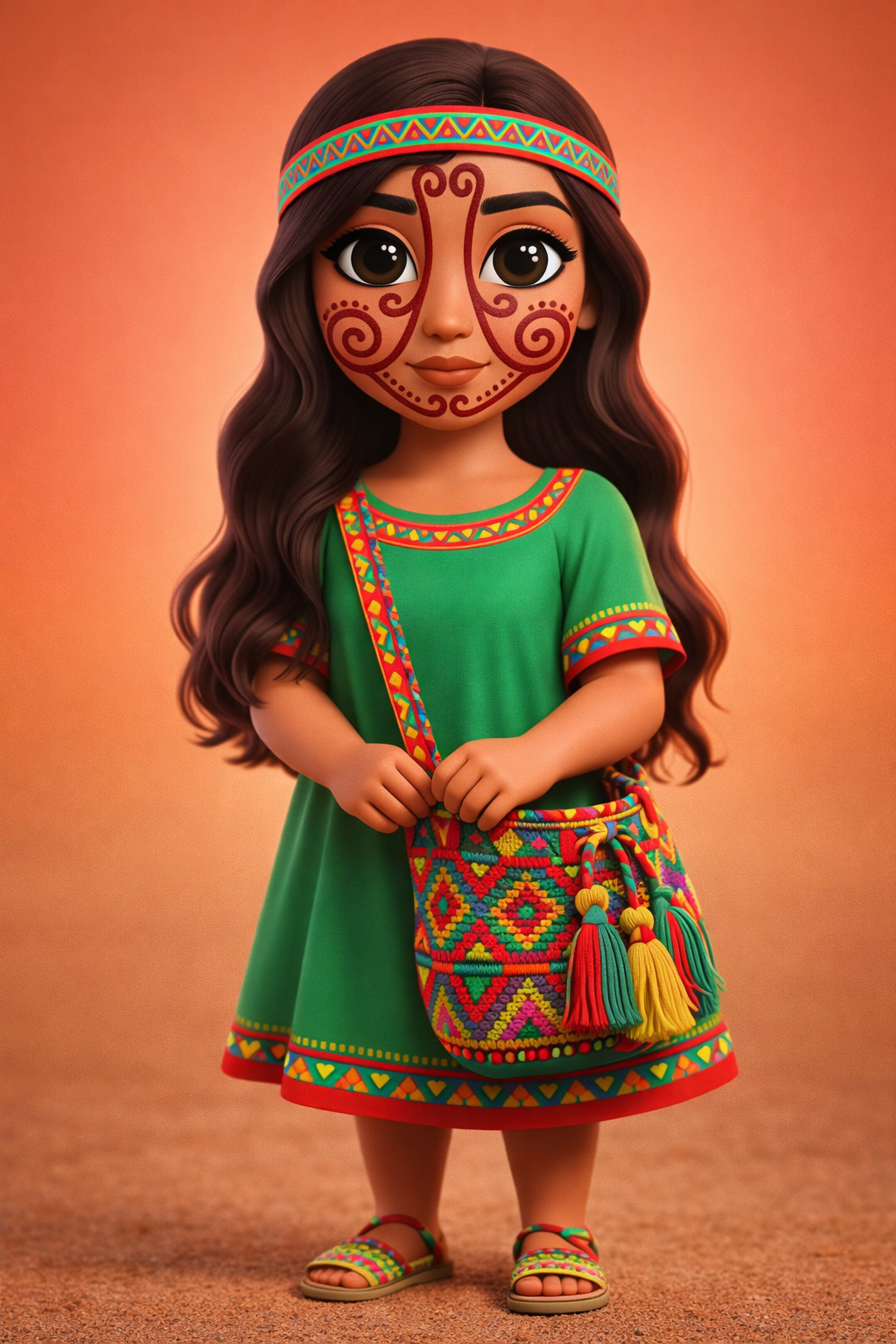Wayuu education in the territory
 Wayuu education starts from an early age, guiding children in the activities they will carry out as adults. It is based on values, daily tasks, beliefs, and customs. Education takes place at home and is not specific but rather integrated into the daily chores of the elders. It is divided by gender and age. Boys and girls have roles and participate in specific community activities, allowing them to gain knowledge of the territory they inhabit and their worldview.
Wayuu education starts from an early age, guiding children in the activities they will carry out as adults. It is based on values, daily tasks, beliefs, and customs. Education takes place at home and is not specific but rather integrated into the daily chores of the elders. It is divided by gender and age. Boys and girls have roles and participate in specific community activities, allowing them to gain knowledge of the territory they inhabit and their worldview.
Education of the Majayut However, in Wayuu education, there are specific teachings, such as those given to a girl when she experiences her first menstruation. During this time, the girl is isolated and should only have contact with her mother and maternal grandmother. The young Wayuu girl is taught about the art of weaving and how she should behave. This way, in the future, she will guide and teach her own family.
However, in Wayuu education, there are specific teachings, such as those given to a girl when she experiences her first menstruation. During this time, the girl is isolated and should only have contact with her mother and maternal grandmother. The young Wayuu girl is taught about the art of weaving and how she should behave. This way, in the future, she will guide and teach her own family.
 The Palabrero
The Palabrero
One of the most renowned and respected vocations in the Wayuu territory is that of the “pütchipü’üi,” which refers to the mediator of family conflicts. The vocation of a “pütchipü’üi” can begin when a person is young and accompanies their uncle in resolving conflicts. Through this process, they learn how to become a skilled mediator and gain experience. It is through this experience that they earn prestige, achieved when families reach peaceful resolutions.
On the other hand, grandparents, together with maternal uncles and parents, play a significant role in Wayuu education by teaching children various tasks such as herding, fishing, making waireñas or hats, and cultivating the land. All of these teachings are passed down orally, as it is a tool that allows them to communicate their worldview. Additionally, the grandmother is responsible for transmitting all the traditions that must be followed and is often the one who can interpret dreams.
It is also worth noting that many Wayuu children now attend school, but the communities still retain their traditions.

